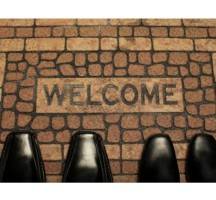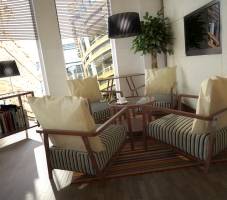February 16, 2015
Two fifths of employees say work has a negative impact on their health
 Millions of the UK’s workforce feel they’re putting their heart health at risk due to the pressures of their job, according to a new survey carried out by the British Heart Foundation during the charity’s Heart Month. The survey shows that a large number of employees feel their working life leads them to eat a poor diet, not doing enough exercise and drinking and smoking more than is good for them. The BHF is calling for employers to encourage their workforce to spend at least 10 minutes a day improving their lifestyle during February. The survey found two in five (41 percent) people feel their job has had a negative impact on their health in the last five years, with more than half (55 percent) saying they have become more stressed as a result of their job over the same time period.
Millions of the UK’s workforce feel they’re putting their heart health at risk due to the pressures of their job, according to a new survey carried out by the British Heart Foundation during the charity’s Heart Month. The survey shows that a large number of employees feel their working life leads them to eat a poor diet, not doing enough exercise and drinking and smoking more than is good for them. The BHF is calling for employers to encourage their workforce to spend at least 10 minutes a day improving their lifestyle during February. The survey found two in five (41 percent) people feel their job has had a negative impact on their health in the last five years, with more than half (55 percent) saying they have become more stressed as a result of their job over the same time period.






















February 17, 2015
Why would you want a Google office when you can create your own?
by Maciej Markowski • Comment, Facilities management, Flexible working, News, Workplace design
(more…)